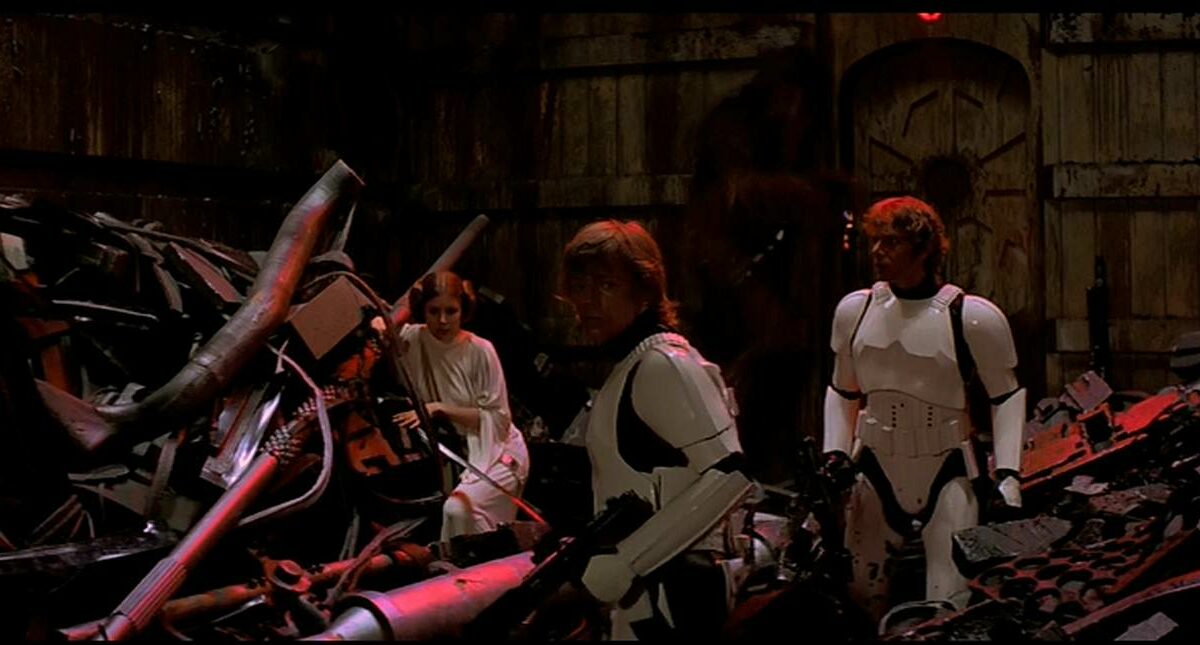Branded Content is based on a mindset that builds brands by transcending marketing.
Branded Content is not marketing as it does not sell explicitly and is not disguised as a product or institutional message. It is not intrusive or interruptive and is relevant with broad meaning and value. It is a story about people, not about the brand, which connects emotionally because it is infused with values and human issues.
Branded Content does not talk to consumers, it talks to people.
Branded Content and brand narratives belong to a wonderful universe without boundaries and in constant evolution. It’s a universe that requires a lot of courage as marketers, first of all, to adopt a new way of seeing, understanding and interpreting without having so many certainties. There can be no change of mindset and vision without moving beyond what worked before. And so, Branded Content is based on accepting the impossibility of total control over events and what resonates with the audience, pushing aside the beliefs of old school marketing.
Branded Content is neither a form nor a new weapon of persuasion to replace Advertising as some may say. Advertising will always be an important part of the marketing equation and remains essential for the brand to sell as well as inspire conversation and connection.
Supporting Sales Without Selling
Although Branded Content is not a sales message, it can leverage sales, as well as provoke deeper reflections in society by changing outdated concepts. But as a marketer, you need to change your mindset, relinquish control and no longer try to manage every aspect of the narrative, as you would with an Advertising campaign. The integrity and humanity of the brand story are guaranteed through the vulnerability of the characters and the intention of the brand to provoke a meaningful conversation about people.
The brand story is free-form yet has three essential drivers: relevance, truth and meaning and is always people-oriented, not product-oriented. Where the hero and protagonist is the audience, not the brand.
To achieve this, start by asking, is this a story about a brand or about people?
In the challenger universe of brand narratives we see great examples that demonstrate the range of nuances and different forms where the protagonist of the story is the people and not the brand.
For example, watch the following brand stories. Are they about brands or people? Cornetto Cupidity Love Story “Kismet Diner” , the 48 minutes Montefiore’s “Corazón” movie, the J&J Sempre Livre brand film “Our blood, our body” – a beautiful contemporary portrait of five generation Z girls around the world dealing with life challenges and their first period (produced by FoxLab Latin America/Yourmama), “The Unseen Ocean” by Volvo, “Father – by Guga Kuerten” – a 10 minute documentary by Itaú bank brand created and produced by Asas.br.com, Apple’s “Détour” film by Michel Gondry, the Coppola winery “The Red Stain”, and even Apple’s Home Pod “Welcome Home” film directed by Spike Jonze.
Human stories have power, because they relate to us, are based on truth and made for real people.
Let’s take the relationship and conversation between brands and people to another level. Start changing your mindset and lenses because Branded Content is not a discipline, nor a department. It is culture.
Contributed to Branding Strategy Insider by: Patrícia Weiss, Chairwoman, Founder BCMA South America Head of Branded Content & Entertainment Strategy and Executive Producer at Asas.
The Blake Project Can Help: The Strategic Brand Storytelling Workshop
Branding Strategy Insider is a service of The Blake Project: A strategic brand consultancy specializing in Brand Research, Brand Strategy, Brand Growth and Brand Education





One comment
Marc Fireman
March 12, 2019 at 7:08 am
I am not sure your article supports your headline. Branded Content is marketing, it’s just that some brands don’t do it well because they are too absorbed by the “movie making” and less concerned with how it is marketing. I think about BMW Films, or Red Bull’s guy jumping out of the rocket ship, and those are clear successes that directly tie the product and brand values to the story and translated to a massive success.
Branded content is tricky because you do risk unintentionally making something that is just art, and you leave the marketing of the brand behind if you do it wrong. Just because it comes from the brand, doesn’t mean it’s branded.
Comments are closed.